
 | AtaGenix CUSTOM ANTIBODY DEVELOPMENT
Country of Origin: CHINA |
| Antibody Discovery AtaGenix offers diverse custom antibody discovery services to meet various research and industrial needs. Our expertise includes hybridoma sequencing, modified antibody development, rapid mouse monoclonal antibody generation, bispecific antibody development, small molecule antibody generation, phage display library screening, and the production of neutralizing/blocking and anti-idiotype antibodies. | |||
| Antibody Discovery Type | |||
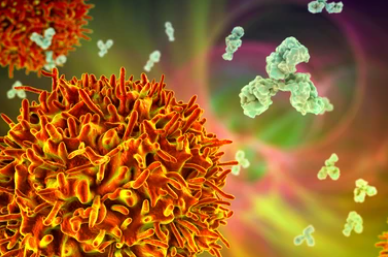 | Rapid Single B Rabbit Single B cell rabbit monoclonal antibody technology amplifies antibody genes via PCR and produces antibodies through recombinant expression, delivering high-affinity, specific, and diverse antibodies. This method avoids clone loss, improves success rates for challenging antigens like PTMs, and is more efficient than traditional hybridoma techniques, ensuring faster, reliable results. | ||
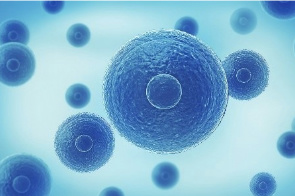 | Rapid Hybridoma | ||
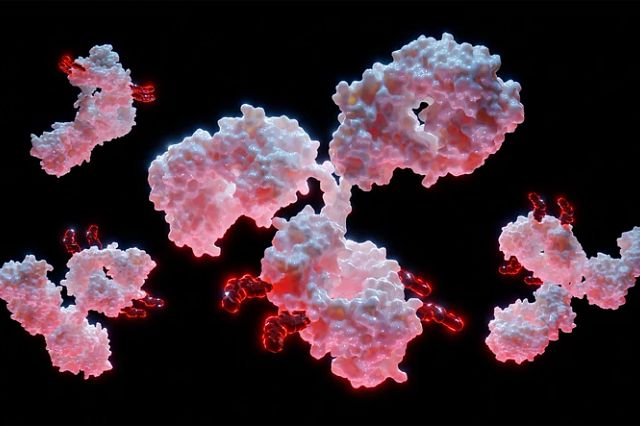 | Phage Display Struggling with monoclonal antibody development? AtaGenix offers phage display custom services to streamline the process and deliver high-quality antibodies in less than 2 months. Our solutions address challenges like immunogenicity and complex humanization by providing direct access to human monoclonal antibodies. With the world’s first immune phage display library derived from human cancer patient donors and diverse naïve libraries featuring Fab, scFv, and VHH formats, we ensure unmatched diversity and efficiency. | ||
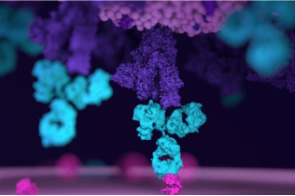 | Naïve Library Panning AtaGenix’s naïve library technology enables rapid antibody discovery with high diversity (up to 10¹ variants) while eliminating the need for animal immunization. Compared to hybridoma technology, our phage display approach reduces turnaround time to 3-4 months and removes the need for further humanization, ensuring efficient and cost-effective therapeutic antibody development. | ||
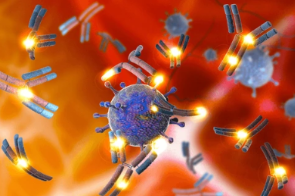 | Immune Library Construction & Panning AtaGenix offers high-diversity antibody libraries for phage display, providing a rapid and efficient solution for antibody discovery. Compared to immune libraries, which require prior immunization and longer development time, naïve libraries enable faster screening while maintaining high specificity and affinity. However, immune libraries offer advantages for high-affinity binders, particularly for small or modified antigens, and generate more target-specific antibodies. Additionally, immune libraries allow the use of various species without the need for cell fusion, making them ideal for rabbit monoclonal antibody development. AtaGenix provides tailored solutions for both naïve and immune libraries, ensuring optimized antibody selection based on project requirements. | ||
 | pAb Multi-species Enhance the sensitivity of your immunoassays with AtaGenix's comprehensive polyclonal antibody production solutions. From antigen design to serum purification, our optimized workflow ensures high-quality antibodies with maximum yield. Generate high-affinity polyclonal antibodies using any antigen in a variety of species, including rabbit, chicken, mouse, rat, guinea pig, goat, sheep, llama, and alpaca! | ||
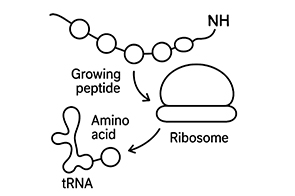 | Peptide synthesis Professional Peptide Synthesis Services | ||
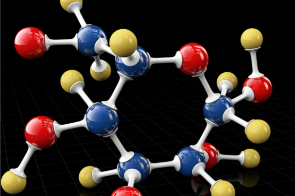 | Anti-small molecules Small Molecule Antibody Services | ||
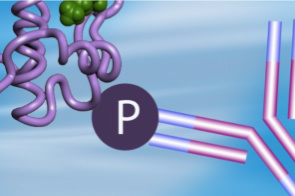 | Anti-PTM About Protein Post-Translational Modifications (PTMs) Proteins are essential executors that regulate various cellular functions, determining whether life activities proceed in an orderly and efficient manner. Protein post-translational modifications (PTMs) play a crucial role in this process. PTMs alter the chemical properties or structure of proteins through covalent addition of functional groups, proteolytic cleavage of regulatory subunits, or degradation of entire proteins. This enables proteins to have more complex structures and diverse functions, ultimately achieving fine-tuned regulation of biological functions. | ||
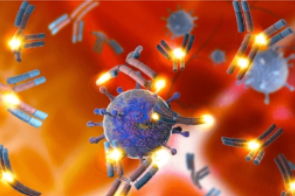 | Anti-ldiotype Anti-idiotype antibodies (Anti-ID Abs) specifically target the unique variable region of antibody drugs, making them essential in pharmacokinetic (PK) and pharmacodynamic (PD) studies. They are widely used as standards for anti-drug antibody (ADA) and neutralizing antibody (NAb) testing, playing a critical role in biopharmaceutical research. | ||
 | Neutralizing/Blocking Neutralizing antibodies bind to key antigenic sites of viral or bacterial exotoxins, inhibiting their infectivity by blocking their entry into target cells. For viruses, these antibodies recognize and bind to epitopes involved in cellular entry, effectively halting infection. Against bacterial exotoxins, neutralizing antibodies typically target the B subunit, preventing toxins from reaching target cells and protecting the host. Blocking antibodies, on the other hand, bind directly to target proteins, disrupting receptor interactions or protein activity. These antibodies play a critical role in biological research, vaccine development, and therapeutic antibody creation. | ||
| Antibody Discovery Case Studies | |||
| Anti-HE4 Antibody: Cancer Diagnosis Breakthrough | AtaGenix A 2017 study developed a high-affinity anti-HE4 monoclonal antibody (9C3) using AtaGenix’s advanced mammalian expression and hybridoma platforms. This breakthrough enhances ovarian | SARS-CoV-2 Spike Peptides: 2021 Breakthrough in Neutralizing Antibody Research This article highlights a 2021 Small Methods study that identified immunogenic peptides in the SARS-CoV-2 spike protein and isolated neutralizing monoclonal antibodies from COVID-19 | ||
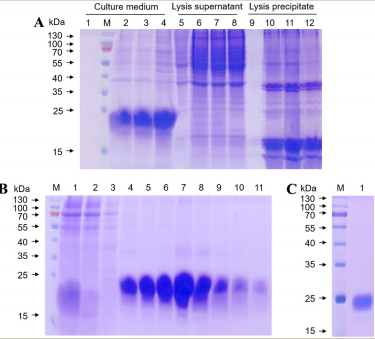 | 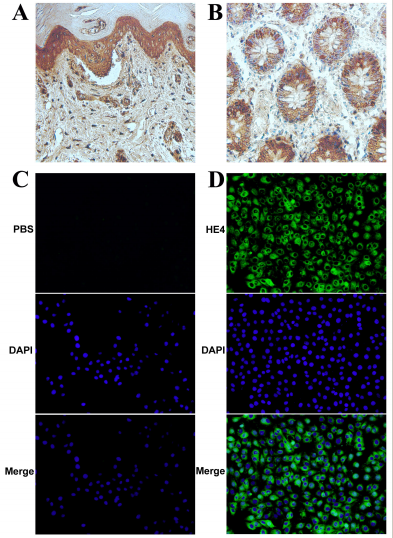 | 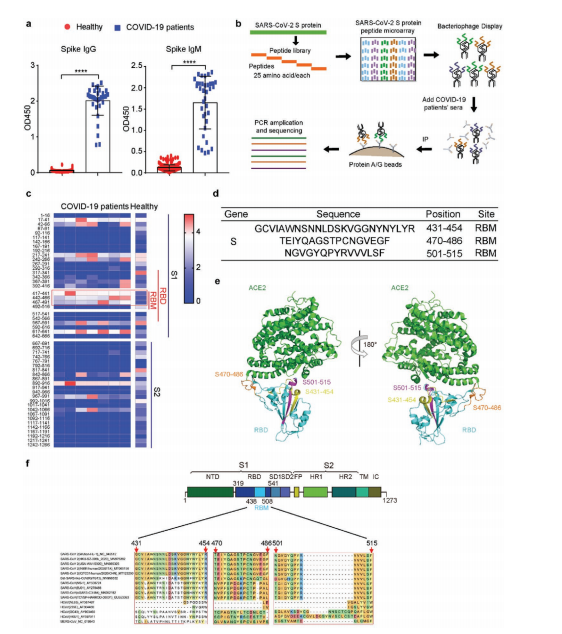 | 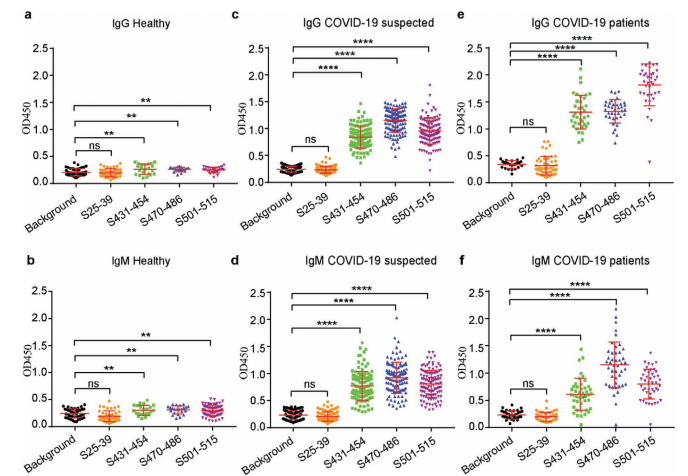 |
| Antibody Engineering AtaGenix provides antibody engineering CRO services focused on SPR analysis, affinity maturation, and humanization & sequence optimization. Our work involves detailed characterization of antibody binding kinetics, iterative optimization of antibody affinity and stability, and sequence refinement to reduce immunogenicity and improve clinical compatibility. This approach is supported by validated methodologies and rigorous quality control to ensure reliable data for preclinical research and development. | |||
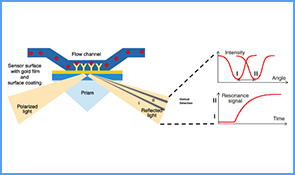 | SPR Surface Plasmon Resonance (SPR) is a label-free, real-time optical biosensor technology that measures changes in the refractive index near a sensor surface. By monitoring these changes, SPR provides detailed kinetic and affinity data on molecular interactions, such as protein-protein, protein-DNA, and protein-small molecule bindings. The technique is based on the excitation of surface plasmons when polarized light strikes a thin metal film under conditions of total internal reflection. As biomolecules bind to the sensor surface, the resonance angle shifts, producing a measurable signal that reflects the binding events. Widely used in drug discovery, diagnostics, and fundamental biochemical research, SPR offers high sensitivity and rapid analysis, making it an essential tool in understanding complex biological processes. | ||
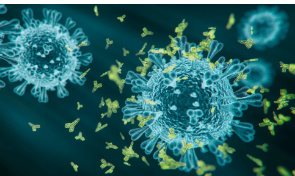 | Affinity Maturation Optimizing Antibody-Antigen Binding Through Rational Engineering Overview Affinity maturation enhances therapeutic and diagnostic antibodies by improving binding strength to target antigens, boosting efficacy, reducing doses, and aiding downstream development. At AtaGenix, we provide end-to-end services with advanced display systems, mutagenesis, and real-time binding analysis to transform leads into optimized candidates. | ||
 | Humanization & Sequence Optimization Reducing Immunogenicity While Preserving Affinity Overview Therapeutic and diagnostic antibody development increasingly relies on engineering strategies that ensure efficacy, safety, and developability. Among these, antibody humanization is a critical step for minimizing immunogenicity of non-human antibodies while maintaining antigen-binding performance. At AtaGenix, we provide customized antibody humanization and sequence optimization services using a structure-guided, in silico-assisted approach. Our platform combines CDR grafting, back mutation prediction, and post-translational modification (PTM) risk analysis, delivering optimized antibody variants with reduced immunogenicity and preserved binding affinity. | ||
| Antibody Engineering Case Studies | |||
| AtaGenix Provides Custom PRPF19 Protein Expression Services for Huazhong University of Science and Technology’s Diabetic Nephropathy ResearchAtaGenix Laboratories Co., Ltd. partnered with researchers at Huazhong University of Science and Technology to provide custom PRPF19 protein expression services for a study on diabetic | |||
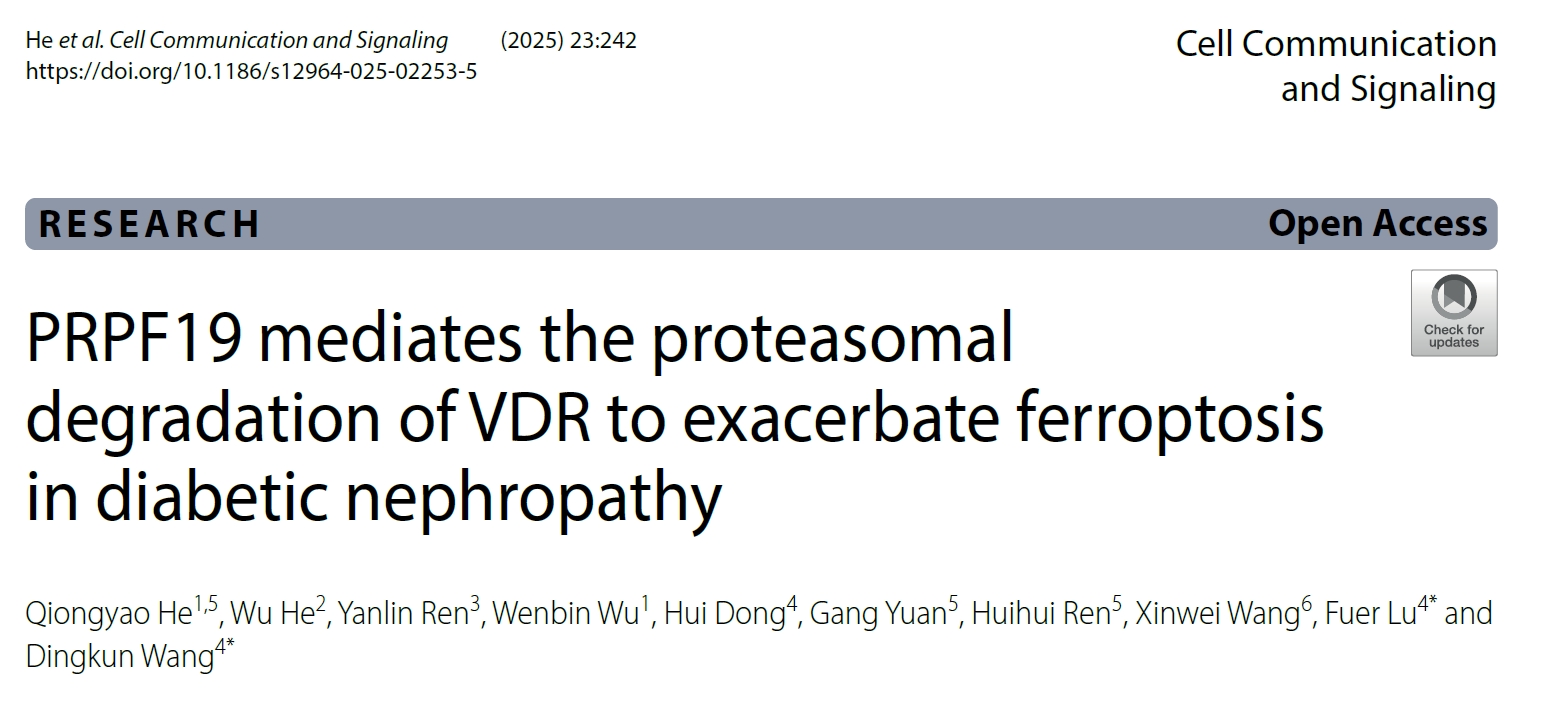 | 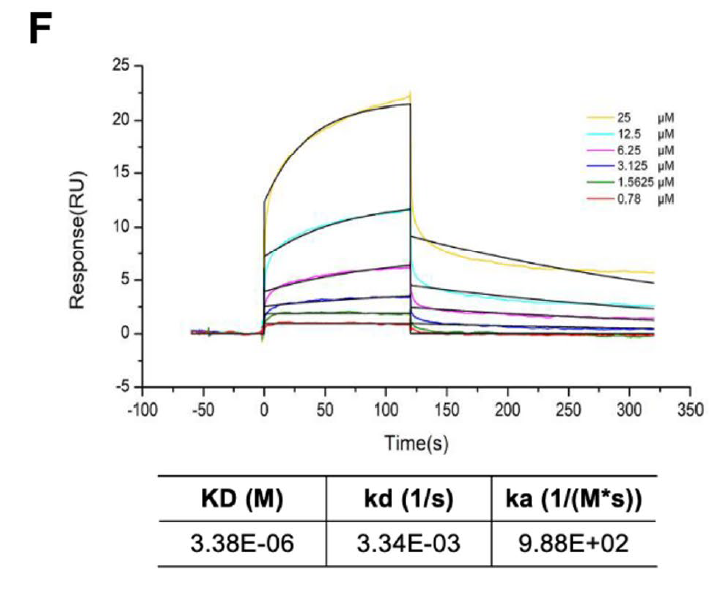 | ||